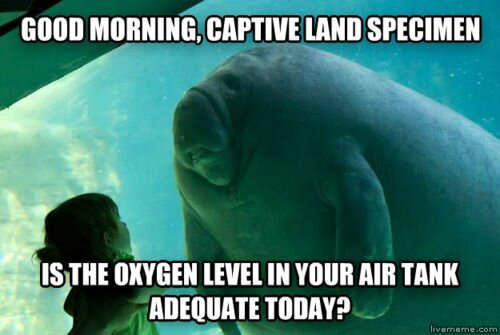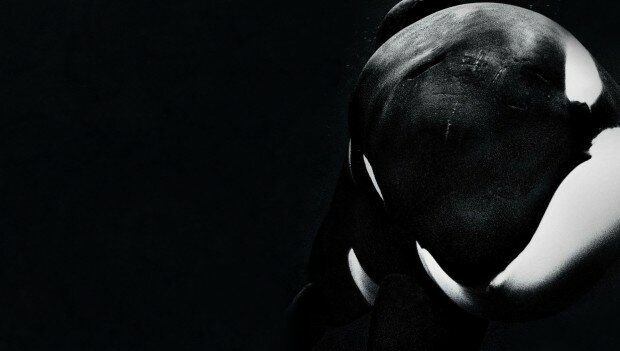How much do you know about orca whales? It’s most likely you know a random fact or two from watching “Planet Earth,” or maybe you’ve seen an orca whale at SeaWorld, but really, do you know anything more than that?
I saw orca whales in the wild a few years ago in Canada. I was on a large speedboat, my freezing hands balled up into fists inside my jacket. All of a sudden, giant black fins broke through the surface of the water. I assumed that their massive size would cause a lot of noise, but the motions were fluid and precise. In fact, it was eerily quiet. The only sound I can recall is the whales’ quick breathing, which created puffs of smoke that floated up into the sky. After years of seeing dolphins here in Florida, it was shocking to see such a vastly different marine animal.
I watched the documentary “Blackfish” over winter break when it seemed I had exhausted all of my Netflix options. It is about Tilikum, an orca whale responsible for the deaths of several SeaWorld trainers during his time in captivity.
The film is full of interesting interviews with ex-trainers about their experiences as members of the SeaWorld staff. They describe the questionable lives of captivity led by orca whales, which has been their reality since theme parks like SeaWorld have come into existence.
I know it probably already sounds like an in-your-face sob story begging its audience to save animals, but that’s really not the case. “Blackfish” an incredibly well-done documentary that grabbed and kept my attention and surprised me with extensive information about killer whales.
Lori Marino, a neuroscientist featured in the film, has studied the brains of orca whales and discovered that they have a part that human brains lack.

“If that part of the orca brain is doing what it should be doing, as it does in all mammals- that is, processing emotions- it suggests (that) these animals are doing something very sophisticated or complex when they’re processing emotions. …When you look at behavior of dolphins and whales, especially in the wild, you see a level of social cohesion that is really unmatched in other mammals, including the humans.”
Placing an animal with an intelligence level this superior in a giant tub is obviously not a good idea. Stripping a baby from a mother with “social cohesion” stronger than humans isn’t a great idea, either.
Of course, it’s important to keep in mind that this documentary represents only one side of the debate at hand. SeaWorld has yet to respond.
Since the film’s release, bands scheduled to play at SeaWorld Orlando next year have cancelled their performances, and other artists have asked that the trainers no longer use their songs during the shows. There have been protests outside of SeaWorld, and people to continue to speak up about the issue of keeping whales in captivity.
Blackfish was an informative documentary and, considering we will not be doing anything productive the next few days besides blowing dough at the bookstore, you should watch it. You’ll likely be inspired to save some whales when you’re finished.
Photo courtesy of: LeorBaum





